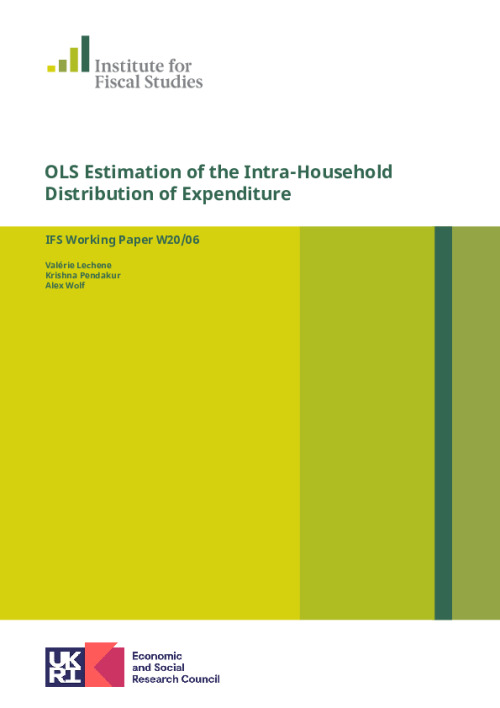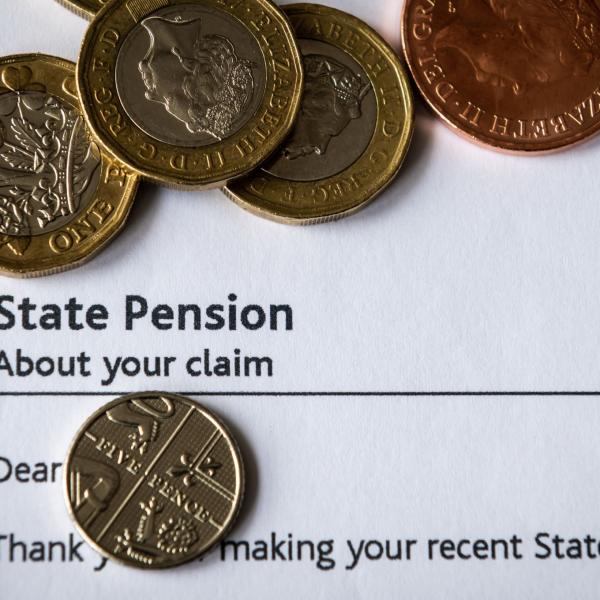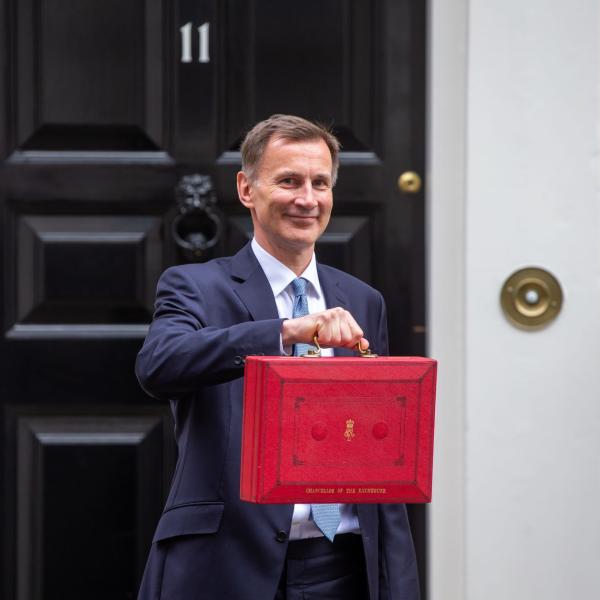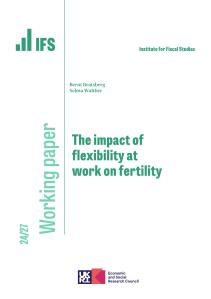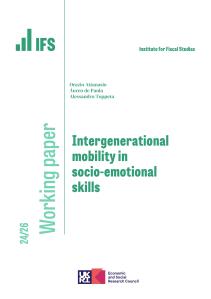Individuals may be poor even if their household is not poor, because the intra-household distribution of resources may be unequal. Dunbar, Lewbel and Pendakur (2013) develop a model wherein the resource share of each person in a collective household - defined as their share of total household expenditure - may be estimated via nonlinear estimation of Engel curves, which in practice can be difficult. In this paper, we provide a linear representation of their model, so that resource shares are revealed by estimated coefficients from OLS regressions using off-the-shelf consumer expenditure micro-data. We also provide a simple linear pre-test to check for model identification.
We apply the model to data from 12 countries, and investigate resource shares, gender gaps in expenditure, and individual poverty. We find that equal sharing - the implicit assumption underlying household-level poverty calculations - is rejected. We also find evidence of large gender gaps in resource shares, and consequently in poverty rates, in a few countries.
